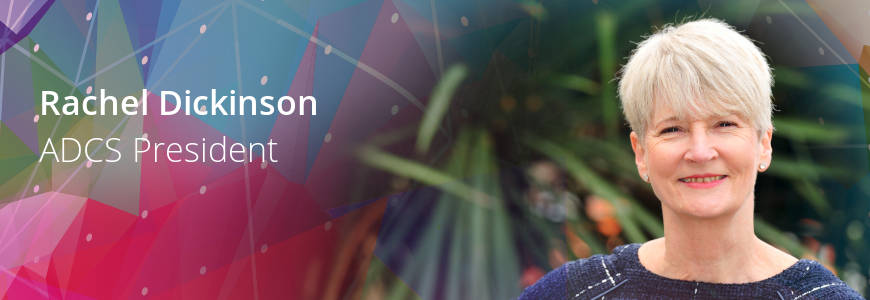Early years

The government recently published The best start for life: a vision for the 1,001 critical days. This focus and attention on the importance of the early years was welcome and certainly well timed. However, it was surprising that the Review only took in part of the policy terrain; we can’t forget the importance early education and childcare play in supporting positive outcomes for the youngest children.
The Review recommended the identification of a strong departmental and ministerial lead for young children as well as re-establishing lost community-based services and spaces via the creation or expansion of family hubs. The Department for Education is funding a new National Centre for Family Hubs at a cost of £14 million but local areas will also need to be resourced to implement the wider ambition to support families to thrive and make lasting change to children’s life chances.
The pledge to train and empower the ‘start for life’ workforce was also a welcome commitment but it’s disappointing that those with the most frequent and consistent contact with young children, namely childcare workers, were not included in this aim. A child attending nursery on a full-time basis will spend approx. 50 hours per week with the staff there while a health visitor may only see that same child for a few hours over the course of many months or even years if there are no specific health or development concerns.
Childhood experiences shape who we become in later life so it was also disappointing to see that review did not give much attention to poverty and the impact it has on child development and health outcomes; babies born into poverty are more likely to have a low birth weight and there is a measurable learning gap between many poorer children and their wealthier peers by the time they start school, which widens further as time passes. Both evidence and experience tell us that the greatest opportunities to make a real and tangible difference to a child’s life chances occur when they are very young.
A clear, coherent policy direction via the development of a national strategy for the early years is needed and indeed has been recommended by several select committees in recent years. The government has committed to bringing forward a new levelling up white paper later this year as part of the pandemic recovery plans, aimed at improving opportunity and boosting livelihoods. There is an obvious gap in the childhood recovery work currently being led by the Department of Education which is primarily focused on lost learning in 2 – 19 year olds.
Babies and very young children at this current time may have spent much or even the whole of their young lives with very little contact with the world outside of their family bubble, they need focus and attention too. So, as we continue to develop plans for recovery, we must make sure that the needs of youngest are not overlooked, we know just how important the first 1,0001 days really are.
This article first appeared in CYP Now magazine
Charlotte Ramsden is President of ADCS and the Strategic Director for People at Salford City Council.
Related Articles
The best chance for us to make the biggest difference in children’s lives is...
In General Early Help
At the time of writing, a Conservative leadership contest is underway, and we...
In General Early Help
A fresh crop of ministers are getting to grips with their brief, including a new...
In General Early Help
Commenting on The best start for life: a vision for the 1,001 critical days,...




